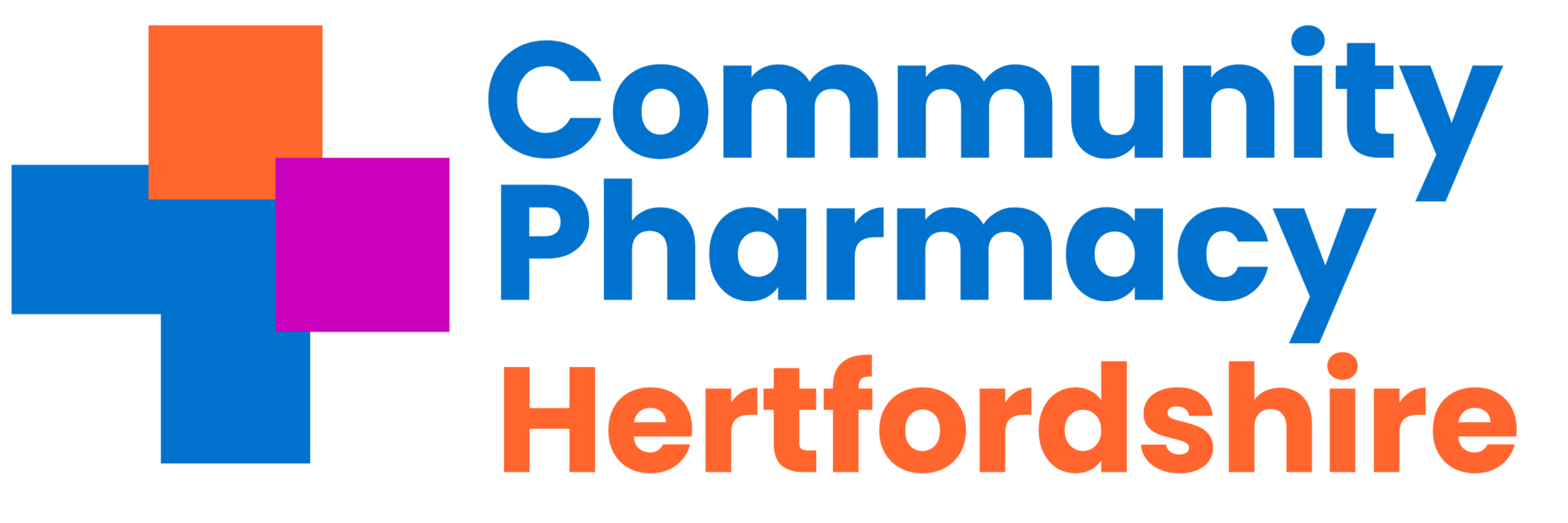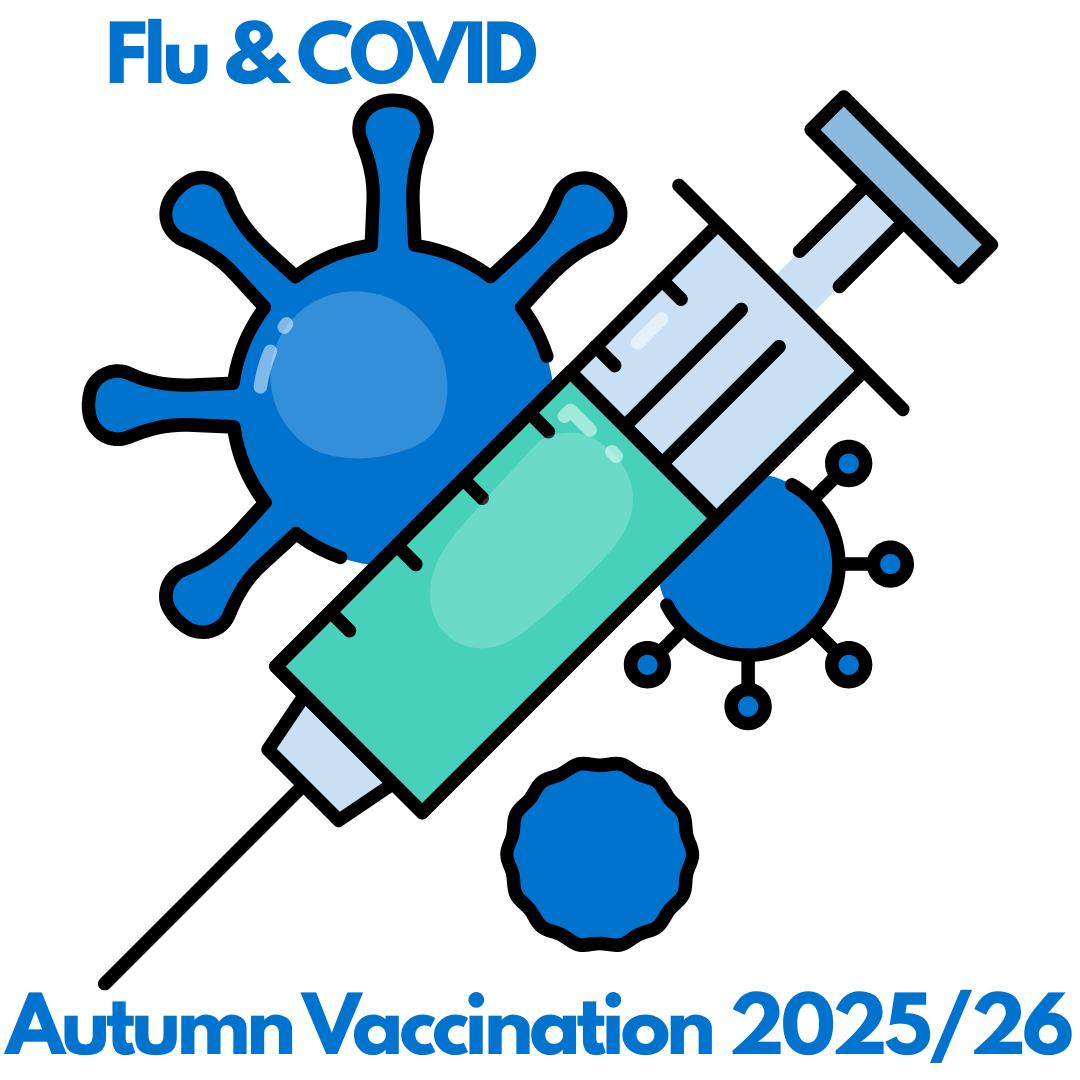Pharmacy First FAQs
We have compiled answers to common questions received from pharmacies covering areas such as training and competence, service delivery, consultations and clinical pathways, and payments and claims. For further FAQs, visit CPE’s Pharmacy First service – FAQs Page.
Where can I find information about training to support me?
Information is available above as to known training availability that can support you both locally and online. Please remember that there is no mandatory training and that the requirements of the service are as follows:
- The pharmacy owner must ensure that pharmacists providing the service are competent to do so, including the use of an otoscope (except for DSPs) and be familiar with the clinical pathways, clinical protocol and PGDs. This may involve completion of training.”
- “The pharmacy owner must keep documentary evidence that pharmacy staff involved in the provision of the service are competent and remain up to date with regards to the specific skills and knowledge that are appropriate to their role, and to the aspects of the service they are delivering.”
Pharmacists do not need to undertake huge amounts of training to get ready to provide the service other than to ensure that they are competent to deliver the service. The clinical pathways are very clear about red flags, safety netting and being able to refer to another provider e.g. the GP practice if they are unsure.
Do pharmacists need to complete a Declaration of Competence before providing the service?
There is no requirement to complete a Declaration of Competence, but pharmacy owners must ensure pharmacists are competent to provide the service. One way for pharmacists to demonstrate they have reviewed their own competencies is by working through the Pharmacy First self-assessment framework, developed by CPPE and NHS England.
Can the pharmacists sign the master PGD authorisation sheet instead of each of them individually?
Yes. Please note all pharmacists, including locums, providing the Pharmacy First service and hence operating under the PGDs and protocol are required to sign the PGD authorisation sheet. That also needs to be authorised by an authorising manager, who may be the pharmacy owner or a manager employed by the pharmacy owner. A copy of this completed PGD authorisation sheet should be retained by the pharmacy owner as a record of those practitioners authorised to work under the PGDs and protocol.
Will the pharmacy’s indemnity cover Pharmacy First?
Pharmacies should check with their indemnity provider about the provision of Pharmacy First.
What happens if a pharmacy cannot provide the service at any point during its opening hours?
If the service must be temporarily withdrawn by the pharmacy contractor due to circumstances beyond the scope of the business continuity plan, they must inform the NHS Directory of Services (DoS) Provider and Commissioner Helpline (0300 0200 363) as soon as possible to stop referrals being made to the pharmacy. GP practices and UEC settings within the local primary care network (PCN) must also be contacted to prevent them making further direct referrals. The pharmacy contractor must also inform the local commissioner of the service of their temporary withdrawal from the service.
Is there a timeframe in which community pharmacies have to respond to patient referrals for the Pharmacy First service?
The pharmacy contractor must ensure that the service is available throughout the pharmacy’s full opening hours (i.e. core and supplementary). Where a contractor has received a referral but has not been contacted by the patient within 30 minutes of the referral, the pharmacist should consider whether they should contact the patient using the contact details set out in the referral message. The decision to contact the patient or not is for the pharmacist to make based on their clinical judgement. If the patient has not made contact before the next working day, then the pharmacist can close the referral as ‘no intervention or no supply made.’ No payment is due where there is no consultation (remotely or face-to-face) with the patient.
Which medications can be provided as part of the Pharmacy First urgent supply service?
As per the guidance, technically, any medicine or appliance that can be supplied on an NHS prescription – in line with the provisions of the Human Medicines Regulations – that has previously been prescribed on an NHS prescription to the patient can be supplied as part of the service, where the Pharmacist determines that it is appropriate to do so. Further FAQ’s and guidance can be found on the CPE website.
Can patients who do not live in England, such as temporary visitors or tourists, obtain an urgent supply of a medicine or appliance via Pharmacy First?
An urgent supply via the service is available to anyone in England who has recently been treated by the NHS and has received an NHS prescription for the item that is being requested. Patients treated in Wales, Scotland & Northern Ireland would be eligible, as would patients with prescriptions generated from other NHS organisations, for example, acute trusts.
For overseas patients visiting from countries outside the UK, an urgent supply under the service could be made for a patient who was receiving ongoing care under the NHS with an NHS prescription and needed an urgent supply of medicines to continue treatment. For example, this might include a patient who was recently discharged from an NHS hospital or who were treated on the NHS and had received an NHS prescription under a reciprocal healthcare arrangement.
Visit the CPE website for more information on Pharmacy First.
If a patient returns to the pharmacy i.e. 3-5 days later as per the clinical pathway after receiving an initial Pharmacy First consultation and were not dispensed antibiotics, can the pharmacist undertake another Pharmacy First consultation and dispense antibiotics if clinically indicated?
Yes. The first consultation is considered closed as you provided support as required at that point in time. Pharmacists would open a second consultation with the patient and proceed as per the clinical pathway.
Can a pharmacy deliver one of the seven pathways for Pharmacy First by telephone?
No. You can deliver consultations for six of the seven pathways remotely via live video link from the pharmacy premises and in person for the Otitis Media clinical pathway.
A patient has returned to the pharmacy saying they have lost the medicine they were supplied with after their Pharmacy First consultation. Can I provide the patient with an additional supply of medicine?
As is the case with any medicine that is prescribed, there is no process to provide a replacement and claim additional reimbursement and remuneration if a patient has lost, spilled, or damaged their medicine. In the case when a medicine is prescribed, the patient would be required to obtain a new prescription before an additional supply could be made.
If a medicine was supplied as a result of a clinical pathway consultation but the patient is requesting a further supply of medicine, the pharmacist should confirm and verify (where possible) the circumstances as to why the patient no longer has their medicine (for example, was it spilled, lost, damaged). The pharmacist should document the details of the incident in the patient’s clinical record.
The pharmacist could then complete and record a new consultation and provide another supply of medicine, making a note on the clinical record of the previous loss of product and therefore supply of a new medicine.
In these exceptional circumstances, the pharmacist would need to complete and record a new consultation and new supply, making a note on the digital record of any loss of product, and submitting this new claim to the NHSBSA.
Can a pharmacy claim for a Pharmacy First consultation as part of the seven pathways if a patient has been supported remotely via live video link but they cannot attend the pharmacy where there is a clinical need to supply a product?
No. A pharmacy would be unable to claim for a consultation if there is a clinical need to supply a product and the pharmacy cannot do so. It is appropriate to refer the patient onwards (i.e. to another pharmacy) but no fee is payable to the referring pharmacy.
If the patient passes the gateway point and the end point of the pathway for them is not to supply a medicine then this would be claimable.
Does a clinical pathways consultation i.e. one of the seven pathways referred by another provider e.g. GP practice count towards the minimum activity threshold in order to receive the monthly fixed payment and avoid the initial fixed payment being reclaimed?
Yes. Please note minor illness and urgent medicines supply consultations do not count.
Could a pharmacy end up claiming two fees one for the local acuity, minor illness referral and the clinical pathways consultation referral?
No. If the gateway criteria is met when the patient has been referred then the pharmacy would undertake this via the clinical pathways consultation. If the gateway is not met when the patient has been referred then the pharmacy would undertake this via the low acuity, minor illness consultation.
Please note that if the patient presents at the pharmacy and the gateway criteria is not met then the pharmacy would be expected to provide support for self care as part of the essential service provision with or without OTC supply or onward referral as appropriate. The low acuity, minor illness element of Pharmacy First can only be undertaken with a referral from another provider.
If a patient presents with two or more different clinical pathway conditions, can I provide treatment for both and separately claim two consultation fees for the same patient?
Pharmacists should establish the priority consultation area, if it is felt that a patient has complex and multiple conditions, a decision would need to be made to determine if the consultation was suitable for Pharmacy First or in fact, needs to be escalated to a higher acuity setting.
Offering treatment under more than one clinical pathway could make it challenging to determine potential causes of side effects, allergies, and treatment failure.
Where you are not escalating the patient to a higher acuity setting and you are proceeding with treatment for a patient under one of the Pharmacy First clinical pathway conditions, you should agree with the patient the condition of most concern and provide support for that condition. Only one fee can be claimed for this consultation.


